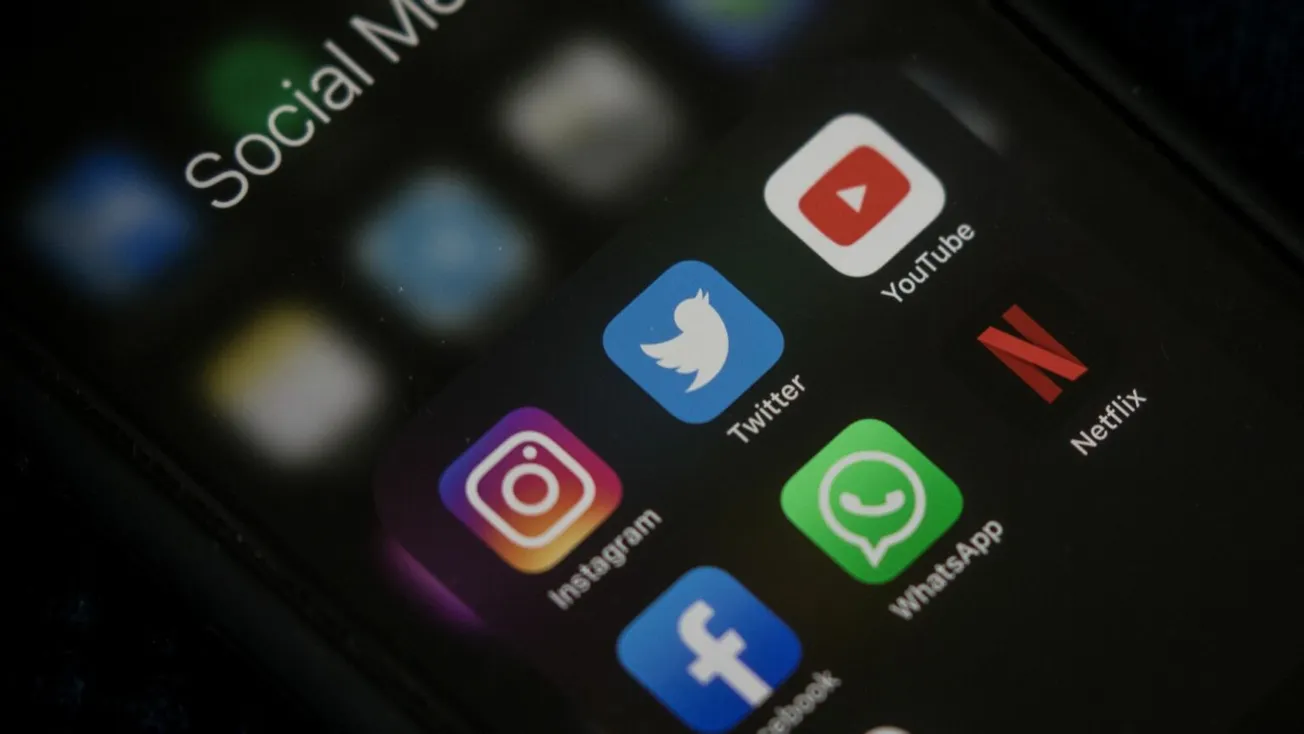Table of Contents
No doubt most of you have spent the past day and night joyously glued to your devices, scrolling through the endless outpourings of joy and celebration at yesterday’s snap resignation. I can’t say I blame you, it’s been a rare happy day to unite New Zealanders the length and breadth of the shaky isles.
But it all comes at a cost. I’ll admit that I’ve struggled to get anything written today: there’s just too much fun, scrolling through a non-stop cavalcade of champagne-popping gifs interspersed with the occasionally literally-shaking outburst of leftist tears.
How much productive time is all that costing us? Probably much more than we think.
Indulge me in a little exercise: Estimate how long you spend each week scrolling Instagram, reading news, streaming video, trawling Amazon and the like. Next, look at your phone’s weekly screen-time report to see how much time you actually spend doing those things.
(Find out how to see your screen-time report.)
I bet your initial estimate was lower than your actual number, perhaps by a long shot. You’re not a bad guesser, nor are you trying to seem more virtuous than you are. Time just passes differently when we’re online.
That is the conclusion of researchers such as Peter Tse, who have spent years studying our perception of time.
This has been well-known for a long time. But neuroscience is giving us a solid idea of just how real it is.
A combination of factors is at play. Firstly, when we’re deeply absorbed in something, we literally lose track of time. Secondly, unusual, new or exciting experiences are fixed more vividly in our memories. When you’re involved in some routine task, you simply don’t remember it much.
A good example would be the way time stands still in an impending car crash. “We’re processing more information per second, so it seems to last longer.” The adage of child-rearing — the days are long but the years are short — shows how the lack of novelty plays a role. The early days might have individually felt gruelling, but later on you can’t remember every diaper change. When you look back, it seems like your kids grew up in a flash.
Video games and social media affect us in similar ways. Our Instagram feeds might hold the illusion of novelty, but can you really remember every birthday post you read or cat video you watched? The experience of scrolling, regardless of what we scroll past, is largely the same from day to day.
In an interesting experiment that pre-dated even the first iPhone, Tse and colleagues tested the effect of repetitive exposure to the same kinds of images, which is pretty much all Instagram is.
Participants in his study were shown a series of repetitive images flashing on a screen, followed by one new image. While all images appeared for the same duration, participants thought the new image lasted longer.
Other time-perception experiments have since been conducted around video game and social-media use and have found that people lose track of time when playing video games and scrolling Facebook. Some studies have also shown that people vastly underestimate the amount of time they spend on screens. A well-cited 2015 study, published in the peer-reviewed scientific and medical journal PLOS One, found that people underestimate their actual daily smartphone use by about 20%. Some researchers say that figure has likely increased in recent years.
Even worse, social media tricks our brains into wasting so much time doing nothing but looking at a screen. That’s because we evolved as social animals for whom being noticed by others is a reward in itself. “Internet points” are literally a drug — and like all drugs, you wind up needed a bigger and bigger hit to maintain the high.
That little high you get when you see new likes on your Instagram post? That’s the feel-good chemical dopamine being released in your brain. But when the brain is repeatedly flooded with dopamine, it regulates itself, reducing the amount that gets released. Individual likes are less rewarding so you need more of them to feel good. Instead of 30 minutes, you’re on for an hour.
Time — time spent with children, friends, pets, in the outdoors, exercising, reading — is one of the most precious assets we have. Our devices are stealing that precious time.
Can we take it back? Of course: we are still the masters of our devices.
Take baby steps. Ben Rodsky, the fifth grader, says it has helped to gradually dial back the amount of time he spends on his iPad. He has, in the past, stepped down from three hours at a time on his iPad to 45 minutes.
Partner up. Dr Tse suggests enlisting a partner with whom to do screen-free activities, the same way you’d use a workout buddy to keep you honest at the gym. If one of you pulls out your phone at dinner or during a hike, you can remind the other to put it away.
Make it a family thing. If your family spends too much time on screens, model the behaviour you want, Mr Fishman says. Track your own digital usage and set limits for yourself, then share all that with your kids.
Set a timer. Dr Gable recommends setting a 30-minute timer while doing things that typically cause you to lose track of time. You’ll become more aware of how long that feels.
The Australian
You are young and life is long and there is time to kill today
And then one day you find ten years have got behind you
No one told you when to run, you missed the starting gun
— Pink Floyd, “Time”









